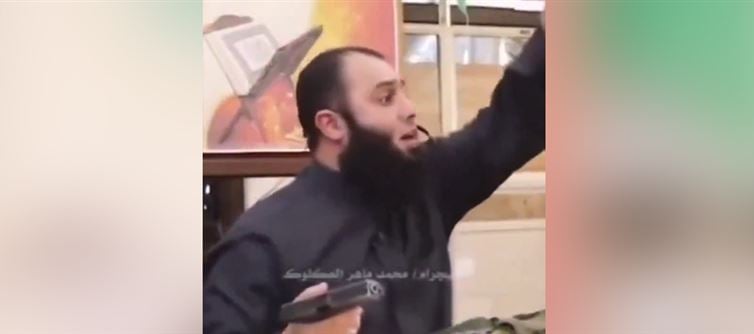
Assuming such a statement were genuine, it would represent a radical and distorted interpretation of islam embraced only by fringe extremist groups. Mainstream Islamic scholars and communities overwhelmingly condemn violence and consider such rhetoric a betrayal of Islamic teachings, which emphasize peace, justice, and coexistence. The idea of promoting violence as a form of worship is not only theologically unfounded but also deeply damaging to Muslim communities worldwide, many of whom suffer from increased suspicion and discrimination when false or extremist narratives are amplified.
Unchecked circulation of potentially doctored or out-of-context videos can inflame tensions, promote Islamophobia, and erode social cohesion. Responsible discourse requires separating the actions of individuals—especially those with extremist ideologies—from the beliefs of over a billion Muslims globally. It is also vital to allow credible fact-checkers and authorities to investigate such materials thoroughly. Until then, spreading unverified claims risks contributing more to fear and division than to understanding or legitimate public safety concerns.




 click and follow Indiaherald WhatsApp channel
click and follow Indiaherald WhatsApp channel